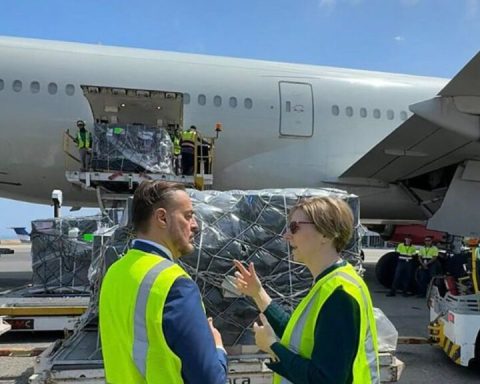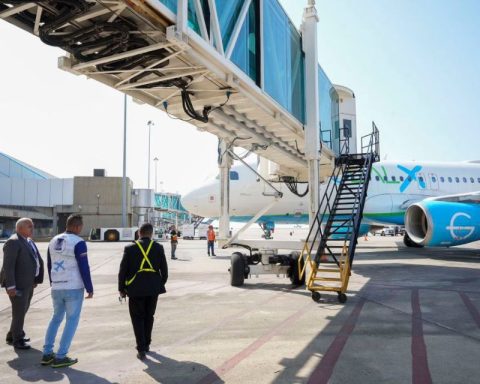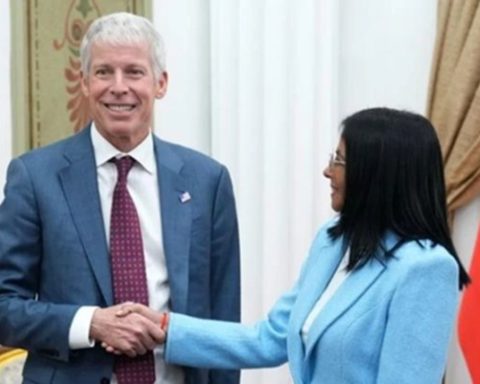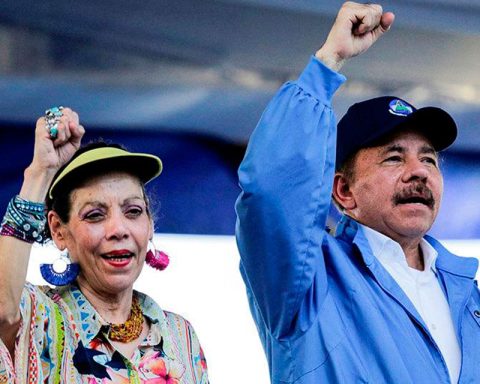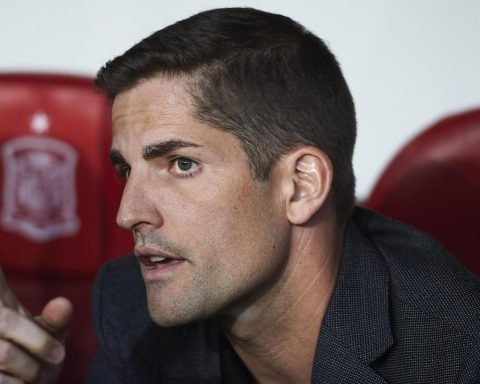The Institute of Economic and Social Research (IIES) of the Andrés Bello Catholic University (UCAB) warned that the deterioration of infrastructure and basic services; as well as the loss of sectoral linkages as a result of the internal crisis and economic policies adverse to the market has set “a very low ceiling for growth” this year. He estimated that the inflation rate will remain high, possibly exceeding 400%, “above what was achieved in 2022 (276%)”
The Gross Domestic Product (GDP) of Venezuela will grow 3.6% this year, while inflation will close the year above 400%, according to forecasts from the Institute of Economic and Social Research (IIES) of the Andrés Bello Catholic University (UCAB). Posted this Saturday.
In the report, the institute pointed out that “we have adjusted downward the growth rate of the level of economic activity for 2023, from 4.4%, to 3.6%.” He indicated that the reduction in the expected rates of economic growth is “fundamentally explained by the poor performance of the oil sector.”
*Read also: Ramón Guillermo Aveledo: a new Puntofijo Pact can guarantee the country’s progress
The IIES of the UCAB highlighted that the deterioration of the infrastructure and basic services, the loss of sectoral linkages as a result of the prolonged internal crisis and the economic policies adverse to the market, the scarce access to bank credit and the lack of human capital, they have significantly reduced the potential product, both oil and non-oil, setting a very low ceiling for growth.
According to the report, the “loss of capacity” to carry out monetary and exchange rate policies, both for stabilization and economic growth, as well as the absence of space to apply an expansive and compensatory fiscal policy, “make it even more difficult to promote and sustain the level of domestic economic activity.
The IIES estimated that the inflation rate will remain high, possibly exceeding 400%, “above what was achieved in 2022 (276%).”
“The increase in the issuance of money, in a context of little credibility in the local currency, translated into a deterioration in inflationary expectations and, naturally, ended up depreciating the exchange rate and thereby increasing inflationary pressures,” pointed.
The study maintained that the Central Bank of Venezuela (BCV) has “insisted” on following an anti-inflationary policy centered on the use of the nominal exchange rate as the main anchor for domestic prices, “but high inflation and growing dollarization greatly limit the scope and success of such a policy.
As recently reported by the Venezuelan Finance Observatory (OVF), an independent entity outside the BCV, the Venezuelan economy contracted 8.3% in the first three months of the year compared to the same period in 2022, after seven consecutive quarters of growth, a drop that responds to the slowdown in the pace of production of goods and services.
Post Views: 359


